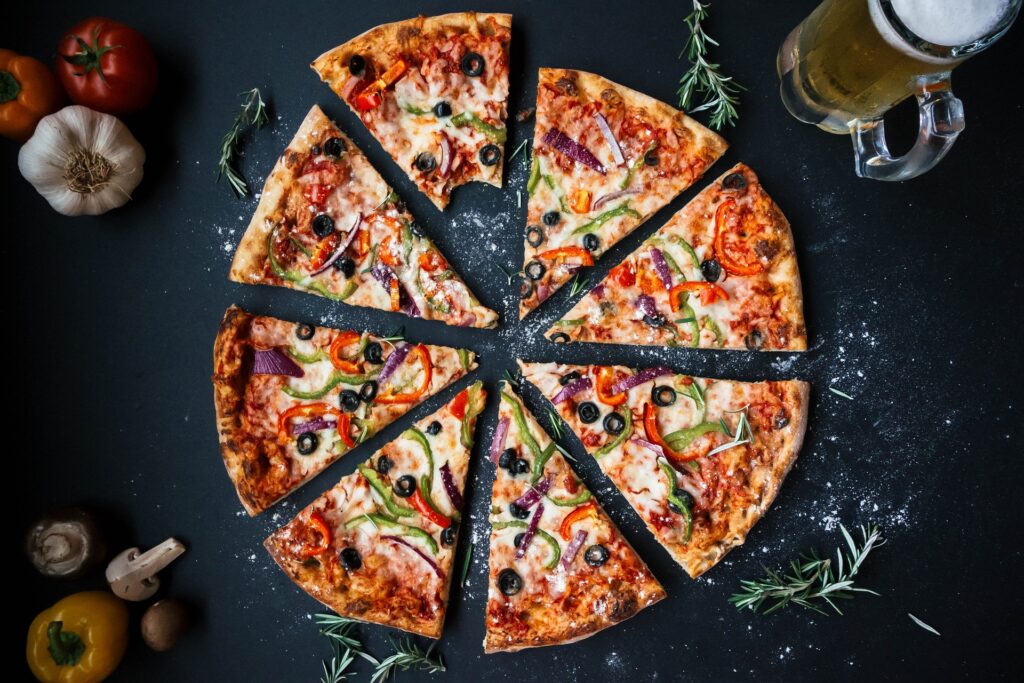Levola argued that their cheese was a work protected by copyright and initially asked the Dutch courts to insist that Smilde cease the production and sale of the cheese. The CJEU was then asked to rule on whether the taste of a food could be protected as a copyright.
The CJEU ruled that, in order to be classified as a “work” for copyright purposes, it had to be “identifiable with sufficient precision and objectivity”. As the taste of a food product will be identified essentially on the basis of taste sensations which, as they are subjective, lack sufficient precision and objectivity; particular tastes therefore, do not pass this particular criteria and so cannot be protected by copyright law.
The decision is not surprising, the reasoning in this case is less to do with the products themselves and more to do with the fact that a human’s sense of taste is imperfect – people’s taste of food is subjective and can vary for a whole host of reasons. The taste of a particular type of food is not obviously identifiable to everyone in the same way as say, a photograph. What is interesting is that the judge mentioned that it’s not currently technologically possible to distinguish taste in food products either, raising the question if such future technology could do this, could copyrightable food then follow?



